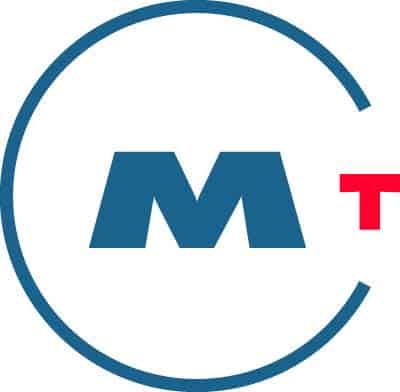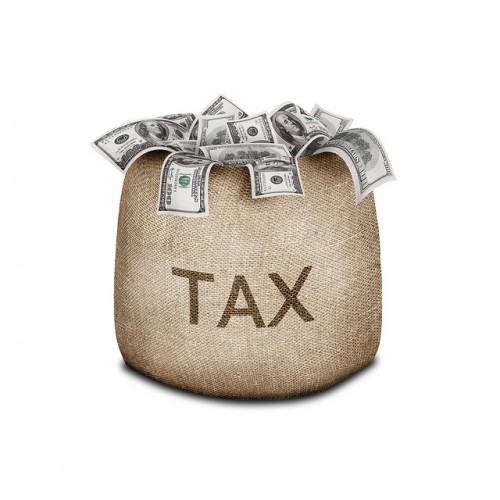
With May being bike month, you might find yourself reaching for your bike helmet instead of the car keys. An easy way to remember what to check on your bike before heading out, especially if you haven’t ridden it in a while, is ‘ABC Quick Check‘:
A – Air: Check the air in your tires. Inflate to the pressure listed on the side of the tire. Spin the wheels and check for wear. If there’s less than 1/4” of tread, it’s time for a new set.
B – Brakes: Brake levers should stop short of reaching the handlebar when pulled. Brake pads should be clean, straight, and contact the rims. You should still be able to see the pattern of grooves in the brake pads. Check coaster brakes by spinning the back wheel and pushing the pedal backward.
C – Chain: The chain should move freely, be free of rust, and lightly oiled. Pro tip: Avoid solvents like WD40 on your chain – use a lubricant instead.
Quick – Quick-release levers: If your bike has quick-release levers, make sure they are all closed.
Check – Give the bike a gentle bounce, looking and listening for anything loose: Take a slow, brief ride to check that your bike seat and handlebars are adjusted to the right height and that everything is working properly.
If your bike needs attention beyond the ABC’s, take it to a local bike shop for a thorough tune-up.
For more bicycle maintenance resources and free classes, visit the Bike East Bay website. Also be sure to check out 511 Contra Costa’s maintenance and safe biking resources.


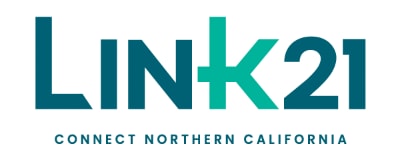


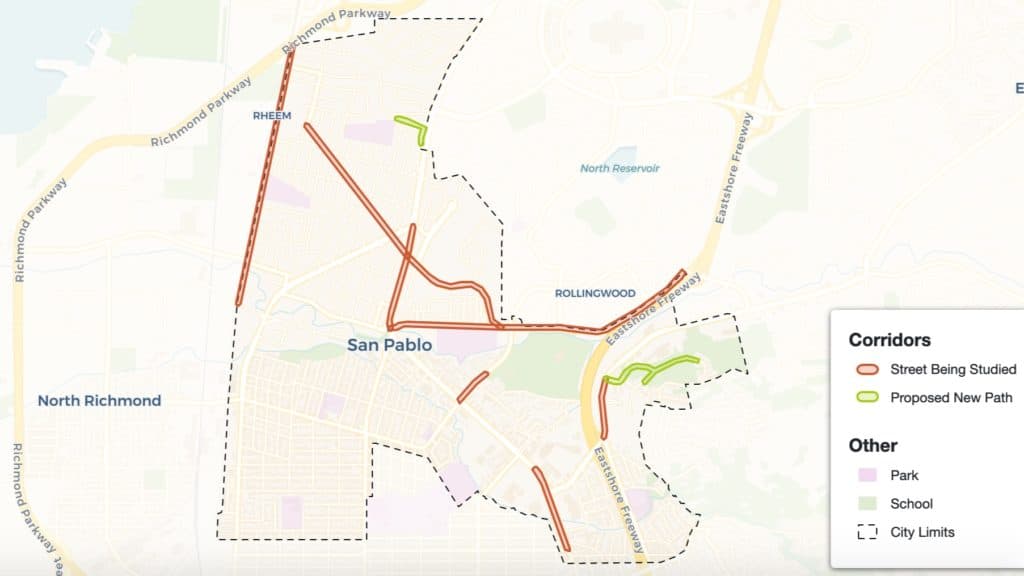
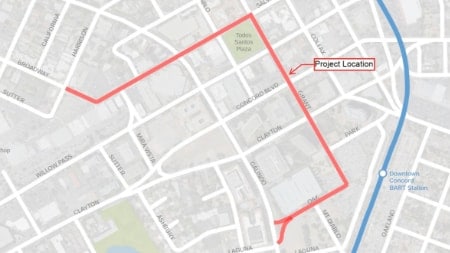




 #1: ‘Drive Less’ Commuter Incentive: Make the switch from driving alone to carpooling, taking transit, bicycling or walking for your commute even one day a week and 511 Contra Costa will give you a cash reward as part of the Drive Less Commuter Incentive Program.
#1: ‘Drive Less’ Commuter Incentive: Make the switch from driving alone to carpooling, taking transit, bicycling or walking for your commute even one day a week and 511 Contra Costa will give you a cash reward as part of the Drive Less Commuter Incentive Program.  #5: Free 20-ride Pass from Tri Delta Transit: The easiest way to find out if commuting by transit is for you is by giving it a try. Right now, Tri Delta Transit will let you do it for free.
#5: Free 20-ride Pass from Tri Delta Transit: The easiest way to find out if commuting by transit is for you is by giving it a try. Right now, Tri Delta Transit will let you do it for free. 

